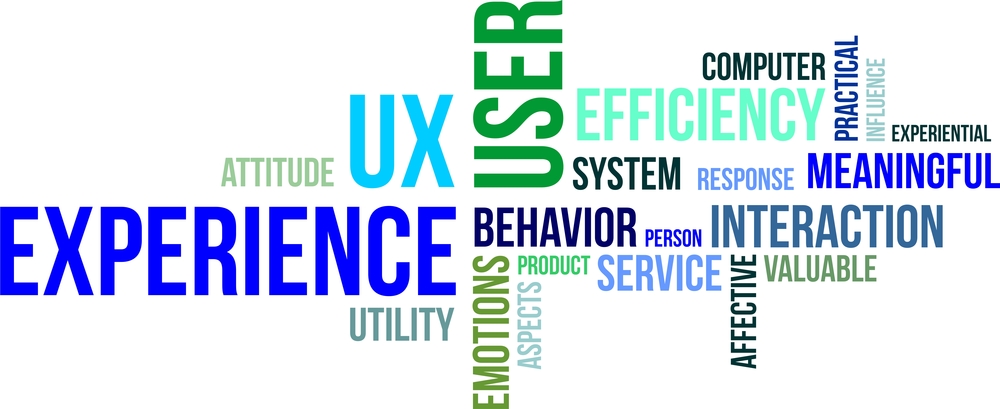Experiential marketing has never been so important. Keeping up with the ever-changing marketing landscape can be difficult. There’s always something new to learn about and experiment with.
To date, the arrival of social media has had the most profound impact on the industry, changing the way in which consumers view advertising.
No longer willing to accept generic push-marketing tactics, customers want to engage with a brand – initiating interaction on their terms.
While digital channels are without doubt very effective for customer communication, a growing trend among brands is to create a more holistic customer experience that blurs the line between the on and off-line brand experience.
You might wonder how these two worlds can be brought together, but by combining an interactive experience with digital technology, powerful data is paired with the personal touch – resulting in a fully immersive, unforgettable brand activation.
There are four things to consider when amplifying your online presence through experiential marketing:
1. Quality interaction
A physical experience has more impact than exposure.
Emotive experiences drive people to take action – whether it be purchasing something or sharing their experience online – because they feel as though they have a personal relationship with the brand.
2. Relationship building
Rather than relying solely on the volume of impressions, experiential marketing allows for a deeper, more genuine relationship with consumers, enabling them to feel a connection with your brand rather than simply being exposed to it.
Relationship building is key to establishing long-term advocacy for your brand, both online and through word of mouth.
3. Distinguishing your brand
With more and more ads flooding the digital marketplace, consumers are becoming immune to the clutter. By executing an experiential campaign, you can be certain that people will not only see your messaging, they will also remember it.
By inviting consumers to take part in an experience, you can develop a competitive advantage, while organically increasing brand awareness among your target demographic.
4. Appealing to the ‘experiential’ consumer
Experiential marketing appeals to those who are interested in trying new things. Whether it’s a new food product or a new phone, consumers will walk away with an increased perceived relevance of a brand and a greater intent to purchase.
It goes without saying that a positive brand experience will impact these consumers in a way that encourages them to share their experiences online, which is great for your brand – after all, who doesn’t love a bit of free marketing?
Hotcow is a non-traditional creative agency that specialises in experiential marketing that goes viral. Our campaigns generate buzz through crowd participation, PR and content sharing. Contact us on 0207 5030442 or email us on info@hotcow.co.uk.

